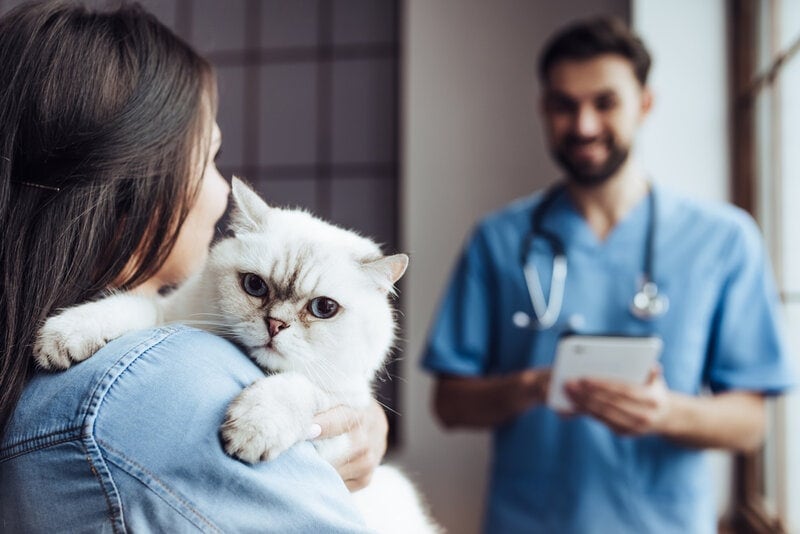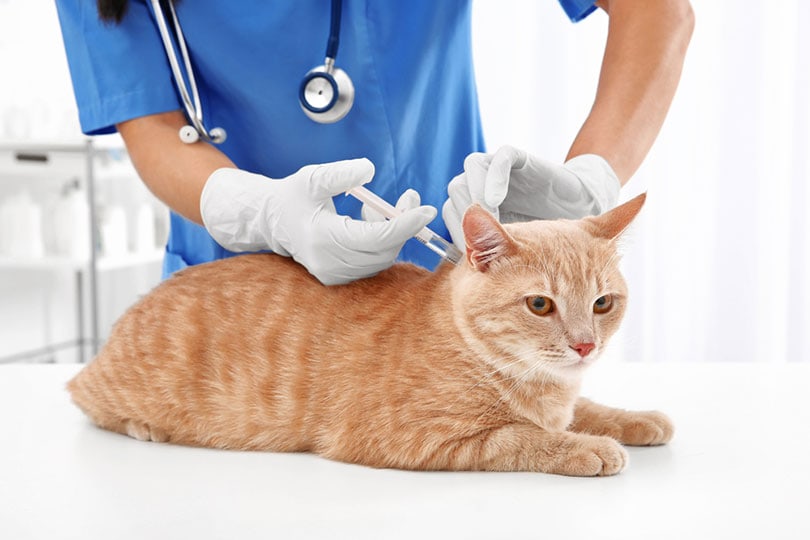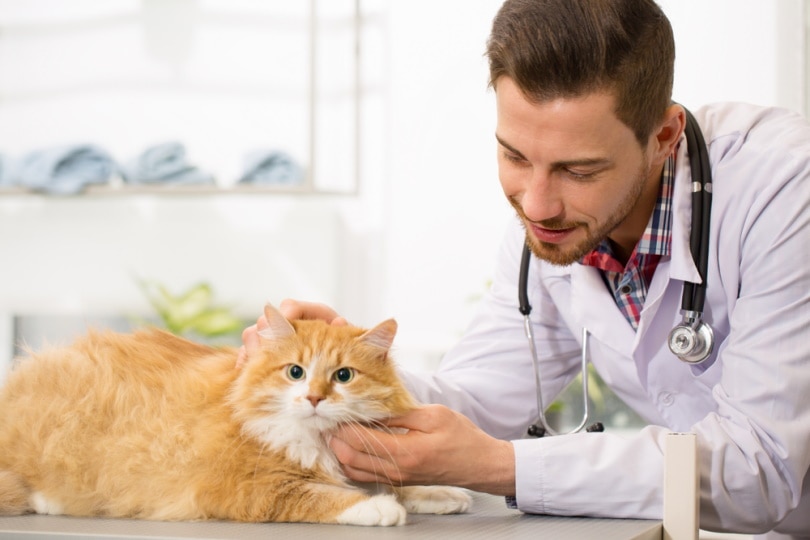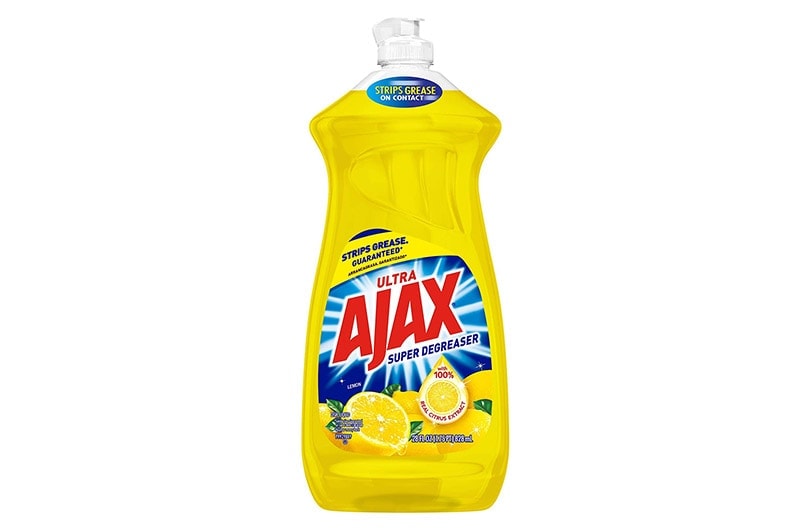Does an Indoor Cat Need Rabies Shots? Vet Approved Facts & FAQ
Updated on

Although indoor cats are not typically exposed to animals that may carry the rabies virus, there is always a chance that they can get outside and come into contact with an animal that has rabies. Unfortunately, rabies is transmissible from animal to human, so the whole family is at risk if your cat ends up contracting the rabies virus.
Also, it is the law that all cats be vaccinated for rabies, whether they are indoor or outdoor cats. If your cat is not vaccinated by the time that they are a few months old, whether they go outside or not, there is a high possibility, depending upon in which jurisdiction you live, that keeping an animal not vaccinated against rabies is against the law and may result in a penalty for violation. So, your cat does need to have rabies shots even if they live strictly indoors. Here’s what you should know.
Even Indoor Cats Must Get Vaccinated Against Rabies
Due to laws throughout the United States, indoor cats must get vaccinated for rabies just like cats that are allowed to go outside1. While it might not seem like a strictly indoor cat could ever get exposed to rabies, there are a few risks to consider. For example, an infected raccoon could find its way into your home where your cat is safely living. If the raccoon and cat come into physical contact with one another, the rabies virus can be transmitted to your cat from a bite.
Bats tend to have high rates of rabies, and they can get into homes and apartments through windows and cracks. Many cats will chase a bat if they have the opportunity. There is also always a chance that an indoor cat can get outside, even for a short period, during which time, they could come into contact with a rabies-infected animal.

When Your Cat Should Get Rabies Vaccinations
Kittens should get their first rabies vaccination between 12 and 16 weeks of age, depending on the type of vaccine that is used. An initial booster shot should be administered 1 year later, and additional boosters should be administered every 1 to 3 years after that. The vaccination schedule that your cat must adhere to will depend on the specific laws that have been established in your area and the guidelines set forth by the manufacturer of the specific vaccine that your veterinarian chooses.
Possible Side Effects of the Rabies Vaccination
Side effects are not common in cats after they get their rabies vaccinations. That said, a few mild side effects could occur, but they are typically short-lived. These include lethargy, a mild fever, slight swelling at the injection site, and a decreased appetite. In extremely rare cases, a cat might have an allergic reaction to their rabies vaccination, in which case, hives may develop and sudden collapse might take place. If an allergic reaction happens, it will do so quickly. This is why it’s a good idea to stick around the vet’s office for a few minutes after vaccination takes place. If your cat has an allergic reaction, your vet will be able to administer immediate treatment.

Conclusion
Yes, indoor cats require rabies vaccinations. Fortunately, getting your cat’s vaccinations on time shouldn’t be a big deal. It’s just a matter of making veterinarian appointments based on the vaccine schedule that your vet provides you with. Ensuring that your cat gets their rabies vaccines is the easiest way to protect them from this deadly disease.
Featured Image Credit: 4 PM production, Shutterstock












